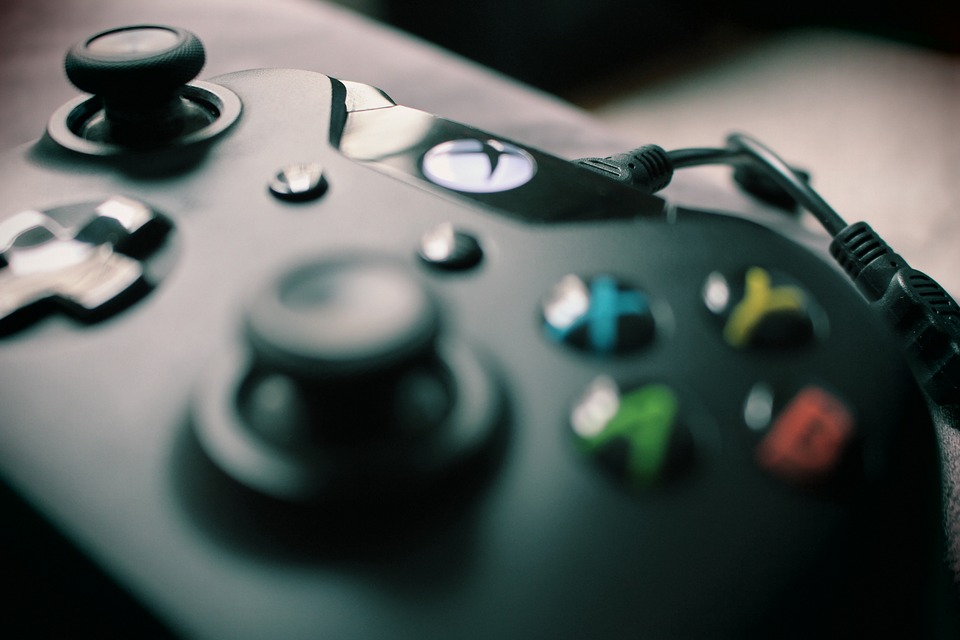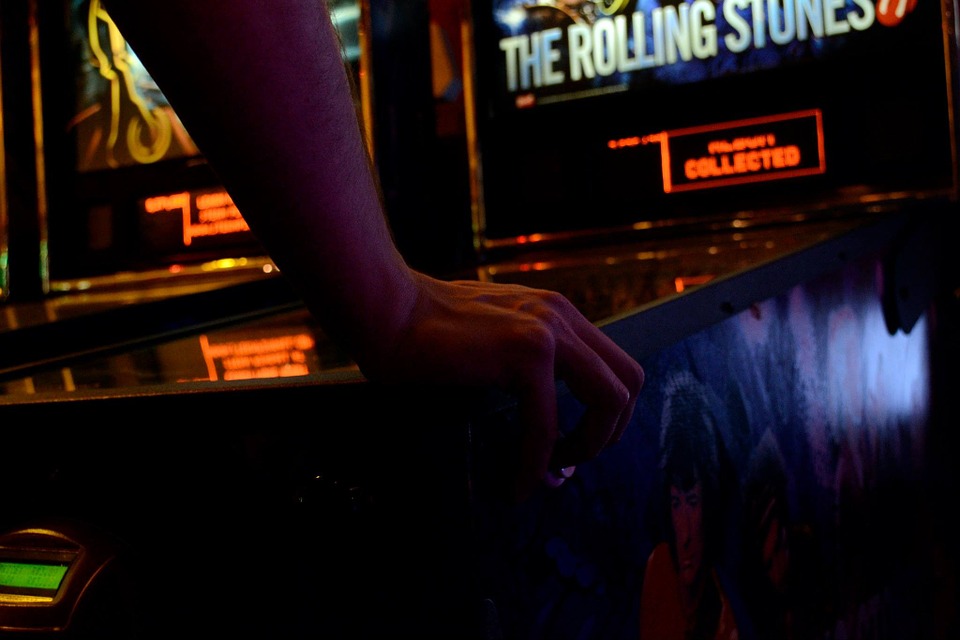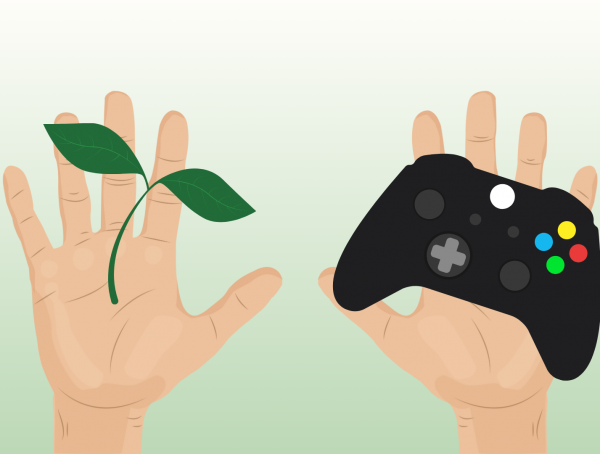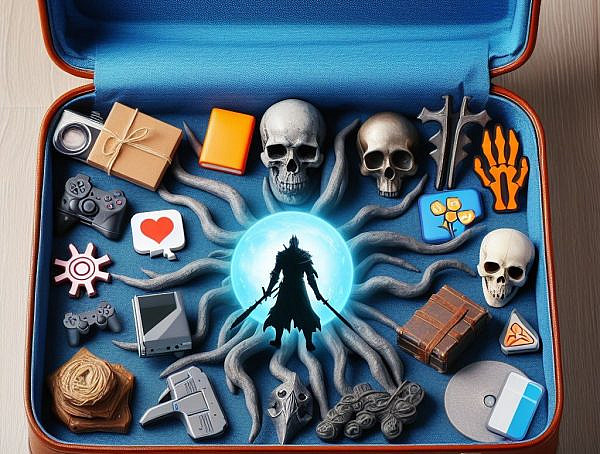To make gaming experience more pervasive, game controllers need to be redesigned to better include body to playing.
In his article “Queering the Controller” Miguel Sicart argues that even though games can make us feel through game mechanics and narratives, game controllers themselves don’t currently have much feel to them. There’s a need for controllers for different emotions, bodies, and experiences. The article explores game controllers from the perspective of erotic Human-Computer Interaction. Moreover, what can game design learn from modern motorized sex toys?
Although the most commercially successful games may be about sports or war, nowadays there are also games that exploit themes like poverty, sex, and being different. Cart Life (2011) is a retail simulation where one plays as street vendors trying to maintain balance between work and life, Ladykiller in a Bind (2016) is a game about social manipulation, crossdressing, and girls tying up other girls, and Mainichi (2012) dives into the challenges of being different in a world dominated by sameness. While games have become braver to dig into more mature themes, controllers that are used to play them still follow decades old design principles. According to Sicart, game controllers don’t make players feel much nor give room to express oneself.
Game controllers are both physical interfaces and systems of control. With a controller a player can interact with a game: the player gives commands and the game responds to them. The player can make his/her character jump in the game by simply pressing a button. At the same time, one needs to press the button to make the character jump. In other words, while the player has the freedom to control the game, the controller and the game’s controls restrain what he/she can do and how.
Sicart claims that current controllers limit bodies to simply provide input to the game, while eyes and mind are the ones that process what happens on the screen. The body is just a medium between the mind and the game. Even current motion controllers are mainly about testing if one can provide the needed commands with his/her body, thus ignoring many other ways a body can play. What if bodies too could experience the pleasures that are now mostly only mind’s privilege?
According to Sicart, the problem with the game design is that controllers are considered simply as input devices rather than a part of an embodied gaming experience. As sex toys are designed to give bodily pleasure there’s much to learn from them in game design. First of all, sex toys give pleasure through touch and sound. They are used in non-visual ways, while game design often heavily relies on what is shown. Additionally, sex toys use limited design and feedback systems in creative ways. They work as what they are designed for. They don’t limit but liberate play by providing aid instead of controlling play.
Moreover, game controllers don’t need to be designed as sex toys but game designers should approach games as sex toy designers approach the design of their products. To challenge dominating game design principles it’s necessary to rethink games as forms of pleasure. There are already some examples of games that use this alternative thinking in their design. Games like Fingle (2011), Chicanery (2008), and Luxuria Suberbia (2013) explore how body plays games. Most of these examples are found on touch devices, like phones and tablets. The newness of these devices combined with how touch is implemented in using them has inspired many developers to design games more playfully. Sicart wants to adopt the same kind of creativity to other game controllers too.
Sicart’s goal is to use the concept of queerness to question current game design principles. There are two ways to queer controllers. The first one is to give alternative meanings for existing controllers. Controllers need to be seen as if they were sex toys to convey more all-encompassing and non-visual gaming experiences. A queer controller would turn a body into a source of pleasures. The second one is to create queer controllers from scratch. Currently there aren’t many controllers that explore the full potential of bodily pleasures. For queer controller creating sensual sensors would be more important than providing game input. Sicart ends his article by stating that videogames often neglect that all bodies play. There’s a need to queer controllers to get more bodies play.
Source:
Sicart, M. (2017). Queering the Controller.
Available from http://analoggamestudies.org/2017/07/queering-the-controller/
You might also like
More from Game Research Highlights
How do you want to do this? – A look into the therapeutic uses of role-playing games
Can playing RPGs contribute positively to your wellbeing? A recent study aims to find out how RPGs are being used …
Eldritch horrors and tentacles – Defining what “Lovecraftian” is in games
H.P. Lovecrafts legacy lives today in the shared world of Cthulhu Mythos and its iconic monsters. Prema Arasu defines the …
Are Souls Games the Contemporary Myths?
Dom Ford’s Approaching FromSoftware’s Souls Games as Myth reveals the Souls series as a modern mythology where gods fall, desires …

















